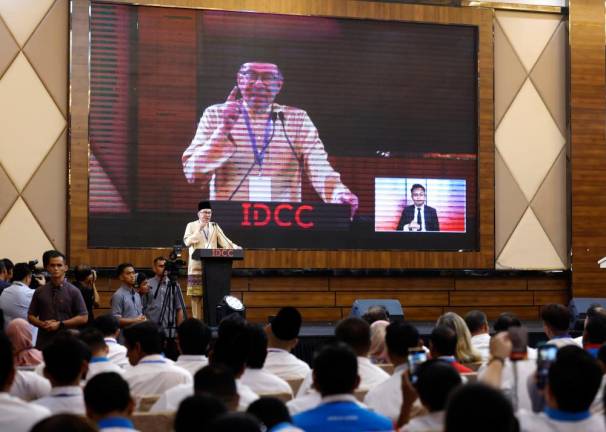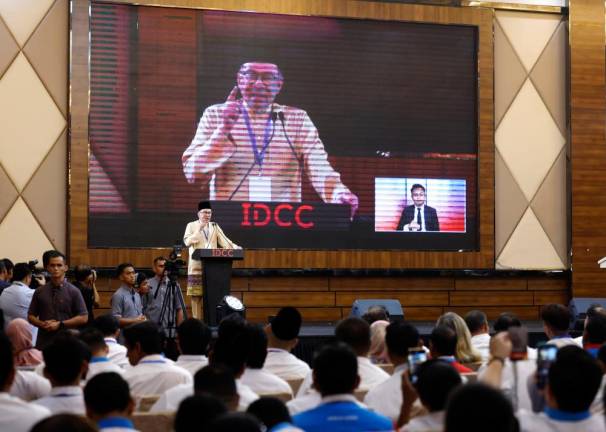MALAYSIA practises a self-assessment system for income tax purposes – which effectively means that the taxpayer is responsible for filing tax returns which should comply with the tax laws and regulations.
Generally, a taxpayer who understands the law and regulations should not have any disputes with the Inland Revenue Board (IRB).
However, in practice, when the IRB selects taxpayers for tax audits, there is a high probability that they will find errors either in the application of the law, or documentation supporting the claims for deduction, timing of taxation, taxability of income, or the classification of income or capital, etc. could lead to the IRB imposing additional assessments.
The first stage
Whenever there are additional assessments, the taxpayers in many instances may disagree with the position taken by the IRB. The normal process before an assessment is issued will be for the IRB to engage the taxpayer requesting information through correspondence or through meetings.
The IRB normally will give an opportunity for the taxpayer to provide his views and his right to be heard before an assessment is issued.
It is extremely important at this stage for the taxpayer to substantiate his position with written evidence, or in the absence, to provide other corroborative evidence such as statements from the recipients or third parties to support his position. It is extremely important to defer an assessment as long as possible and try to come to a settlement or convince the IRB that the position taken is correct in law, because once an additional assessment is issued, the tax must be paid within 30 days of the issue of the additional assessment.
Subsequent stages
There are still avenues available to the taxpayer to resolve the dispute. The immediate action the taxpayer should take to protect his rights is to appeal using Form Q to the Special Commissioners which will be submitted through the IRB.
Simultaneously, the taxpayer can still engage the respective assessment branch by providing further information or entering into discussions to try and convince the officials that the taxpayer’s position is correct in law and factually and come to a settlement with the IRB which is acceptable to both parties.
Usually there is a period of 30 to 60 days where this discussion can take place at the branch level.
Thereafter, if the matter remains unresolved, the taxpayer can take the matter to the dispute resolution panel (DRP) which comprises senior IRB officials who will independently review the dispute. At the DRP, the taxpayer will be given an opportunity again to present his side of the case, and the DRP will also separately engage the assessment team for their views.
The DRP will try and bring both parties to a negotiated settlement. Where such settlements cannot be achieved, the matter will be passed on to the legal section of the IRB for them to take the matter to the Special Commissioners.
Even if the matter has been escalated to the legal department to be taken to the Special Commissioners, the taxpayer can continue to communicate with the legal department to explore avenues for settlement with the IRB without going to the courts. Generally, at this final stage, it becomes more difficult to attain settlements although it cannot be ruled out.
The general experience is that the IRB is not against listening to taxpayers at any stage of the tax dispute. There is a willingness on their part to bring matters to an end without resorting to the courts.
Advice to taxpayers
Do not give up on attempting to resolve disputes; the IRB cannot close its ears when a taxpayer is willing to come forward and resolve disputes. It is extremely important to avoid disputes at an early stage before assessments are issued.
This article is contributed by Thannees Tax Consulting Services Sdn Bhd managing director SM Thanneermalai (www.thannees.com).













